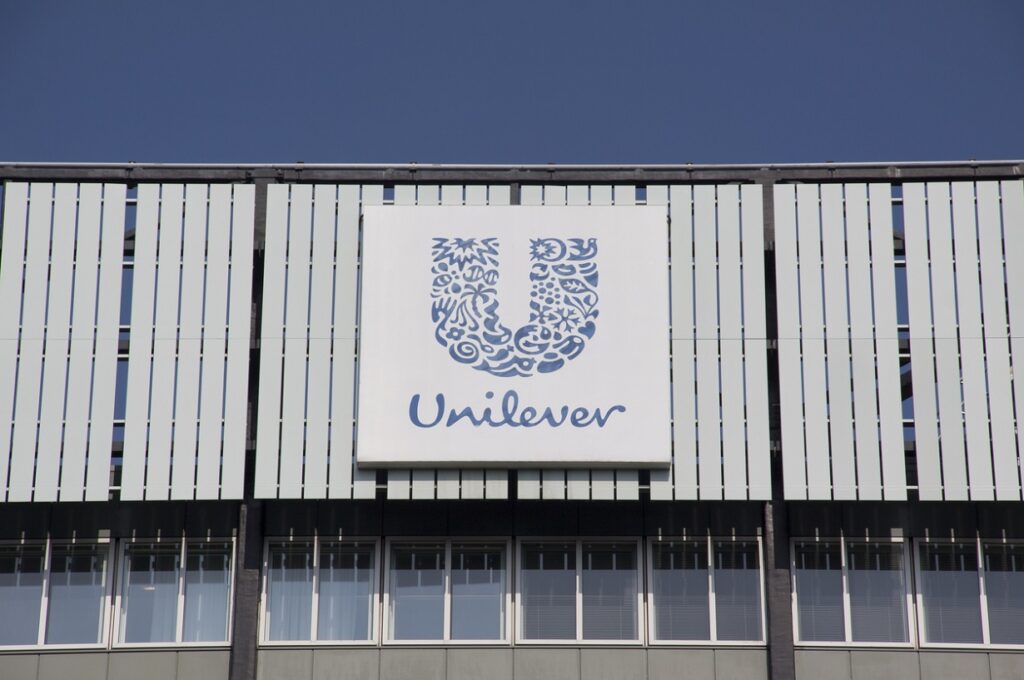Tim Munden is the Chief Learning Officer of consumer goods multinational Unilever. He was previously VP HR, UK and Ireland at the company. Tim will be speaking at the HR Directors Business Summit in February 2018 in Birmingham, UK – his subject will be “Wellbeing at the Heart of your People Strategy: A Collective Approach.”
Jamie Lawrence, Editor, HRZone: When we talk about wellbeing at the heart of an organisation, how does this break down between a) having senior leaders being passionate about it and therefore prioritising it strategically and b) building it into the structure of the organisation?
Tim Munden, CLO, Unilever: Experience has shown us that to make progress in wellbeing a few things are needed. By the way, this doesn’t mean that we think Unilever has “cracked it”!
Wellbeing is an agenda that needs continuous focus, it’s about managing the energy of the organisation needed for it to perform. For us, a key thing has been that our focus on wellbeing comes from the purpose of the organisation, it is core to why we do what we do.
At Unilever our purpose is to make sustainable living commonplace, and we do that through our Unilever Sustainable Living Plan. One of the pillars of that plan is to enable a billion better lives, and our own people are part of that. Next, it is key that wellbeing is considered fundamental to performance in the business; everyone is committed to that, and once people see how wellbeing drives performance, this becomes a part of running a great business, and built in.
It is easier to do that when there is a clear framework and tools to work with. At Unilever, we have developed a framework for wellbeing which is used everywhere –a person needs physical, mental, emotional and purposeful wellbeing. We created a tool box that supports this which leaders and HR practitioners can then deploy in their business.
We have also set standards, for example that no-one should be more than one chat, one call or one click from support, and that everyone should have access to a wellbeing assessment.
Jamie Lawrence, Editor, HRZone: How can senior leaders passionate about wellbeing ensure their passions are not wasted when they leave the organisation i.e. no-one is left behind to bang the drum on the agenda?
Tim Munden, CLO, Unilever: This needs to be something that every leader takes responsibility for – they need to see themselves as the Chief Energy Officer. We do this by building an awareness of wellbeing into our senior leader training, and by equipping leaders to take responsibility for it.
We also hard wire it into the organisation through tools and policies.
We have a wellbeing champions network, who help to set the wellbeing priorities and deliver interventions in their teams.
These people come from many functions and levels of the business and help to make sure wellbeing lives in the organisation. But it’s not just up to leaders and champions; it’s up to all of us to make sure we look after our own wellbeing.
This is particularly crucial as we think about those entering the workforce now, who will have long lives – and with the right habits, long and healthy lives.
Jamie Lawrence, Editor, HRZone: Wellbeing is a long-term strategy that delivers dividends down the line, along with many other progressive causes that organisations should focus on but often find get pushed down the agenda by short-term forecasting and thinking. How do individuals help organisations ‘delay gratification’ for longer, as Unilever is doing?
Tim Munden, CLO, Unilever: Firstly, it is important to realise that some of the benefits flow quickly for a wellbeing programme.
We have witnessed results happening within a year or so. In countries where we have carried out Return on Investment studies, results have demonstrated that we get a return of four euros for every one euro invested in some cases and as high as ten euros in others.
Secondly, these programmes don’t have to cost a lot of money. For example, some years ago we developed a holistic wellbeing programme for individuals and teams, called Thrive.
To date over 50,000 employees have participated in these workshops, which gives each person a chance to build a personal wellbeing plan for each of the areas of our wellbeing model physical, mental, emotional and purposeful wellbeing. This workshop is essentially a toolkit of workbooks and video materials, that are run by a trained internal trainer.
This helps us to deliver at scale and also engage passionate people in our wellbeing work.
Jamie Lawrence, Editor, HRZone: What legacy do you want to leave at Unilever and in your HR career? On the flipside, what do you not want to happen?
Tim Munden, CLO, Unilever: My purpose is to leave lasting change for good. This is why I work for Unilever. We are trying to do business in a new and different way; we want to solve problems that the world faces through our business, and ensure that as our business grows it drives good for people and the planet.
These are bold ambitions, and there are several ways that I work to deliver them. Crucial for me is the development of leaders who can drive transformation and who can lead a purpose driven business; we need cadres of leaders who can do that now and into the future.
Given the world around us will continue to change at speed, people are going to need to learn continuously, to reinvent themselves and their skills and careers over a long life; enabling that is also core to my purpose and my role.
I would also like to leave an organisation which sees wellbeing as a key enabler of performance, and in which people are able to maximise their wellbeing across all areas and have the energy for a long and happy career and life.
Jamie Lawrence, Editor, HRZone: Some say HR is still in an identity crisis and needs to re-emerge as the ‘productivity guardians,’ or similar. What’s your view?
Tim Munden, CLO, Unilever: I love the practice of HR – we have a responsibility for the most fundamental thing in an organisation or a community – people.
Nothing anywhere gets done without a person doing it or setting it in motion. The HR function is in continual transformation, and of course now, when there is so much disruption this is particularly the case. This is changing how we get things done – technology and data will have a far-reaching impact on the tools and levers we have.
I don’t see an identity crisis in HR – I think we have always focussed on productivity, but I think we have technology and data that allows us to do this better than ever.
But at the same time as we drive productivity and efficiency, we also need to be able to drive workplaces that are more human than ever. This is vital in order to unlock business that is good for the world, we need to create purposeful workplaces. We need to create workplaces that inspire human beings to be their best and have meaning. The human in human resources will be critical in the 4th industrial revolution. It’s a great time to be in HR.







